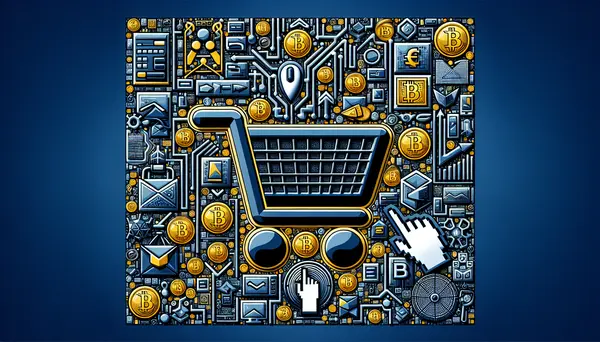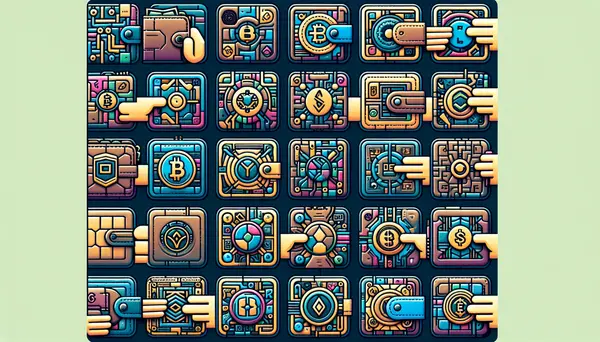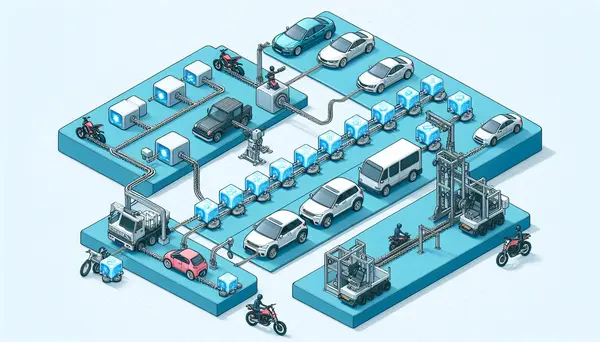Posts on the Topic Blockchain

Bitcoin transactions are electronic messages signed with cryptographic keys, consisting of inputs (references to previous transactions) and outputs (new destinations for bitcoins). The structure includes fields such as version, flag, input counter/list, output counter/list, witness field and lock time; the...

Blockchain validators play a crucial role in maintaining the integrity and security of blockchain networks by verifying transactions, preventing fraud, and ensuring adherence to network rules. The process of becoming a validator involves financial commitment (staking cryptocurrency) and technical competency;...

Blockchain technology can revolutionize supply chain management by increasing transparency, reducing inefficiencies and fraud, and eliminating delayed payments. By recording transactions in a secure, unalterable digital ledger across multiple computers, blockchain provides end-to-end traceability of products from manufacturing to delivery,...

Know Your Customer (KYC) is a verification process used by financial institutions, including cryptocurrency exchanges and wallets, to prevent illicit activities such as money laundering. However, strict KYC procedures can contradict the principle of decentralization in crypto trading leading some...

Blockchain technology, a decentralized ledger that records transactions across multiple computers, offers transparency and security making it nearly impossible for data tampering or fraud. Its applications extend beyond cryptocurrencies to sectors like banking, e-commerce, voting systems and healthcare by providing...

Blockchain technology, originally developed for Bitcoin, offers a decentralized and secure system that enhances transparency and reduces fraud. Its applications range from faster cross-border payments in the financial sector to ensuring data security & privacy, improving voting systems' integrity, and...

Quantum computers pose a potential threat to Bitcoin and other cryptocurrencies due to their ability for rapid computation, which could theoretically crack open digital signatures used in blockchain networks within minutes. In response, researchers are developing quantum-resistant algorithms that can...

Blockchain, the technology behind cryptocurrencies like Bitcoin, has the potential to revolutionize the energy industry by introducing transparency, security, and decentralized peer-to-peer energy trading. While there are challenges to implementing blockchain in the energy sector, successful case studies demonstrate its...

Bitcoin's integration into online marketplaces has both advantages and challenges. The advantages include fast and secure transactions, reduced costs, and access to historically inaccessible markets. However, the challenges include the volatility of Bitcoin's value, regulatory concerns, and the complex technology...






























